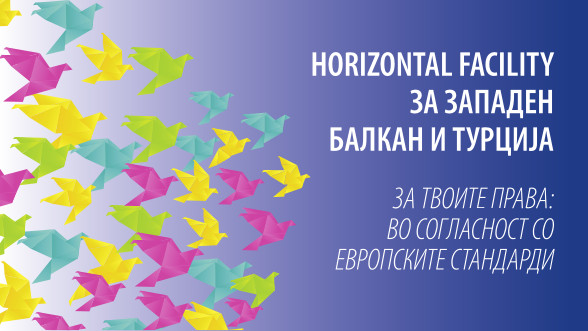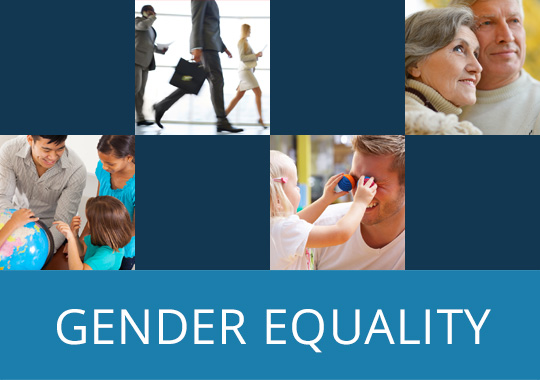TESTIMONIALS 
“In my group, the mentees, all judges and one clerk, brought some samples of their own past cases/judgements to discuss, compare the reasoning and see if there could be ways to improve them”
Mentor, Judge from Appellate court
“Motivation in my group was high to participate… Exchanging own experiences was important, and the fact that it was not formal made it wonderful. We found legal solutions to improve access to justice for women".
Mentor, Judge
“[Mentoring] is a process. Stereotypes are so deep that they are difficult to identify, and so it is important to showcase progress on how we overcome our own stereotypes. [We can] speak the language of mentees, and come to discoveries together”
Mentor, lecturer
“Our candidates for magistrate are having the certificate of the course on Women access to justice. Under the curricula of Family Law I added as an obligation to fulfil this course and they showed a lot of interest.”
Mentor, Member of the High Prosecutorial Council
“To be mentor...Very demanding and time consuming. The great thing is that my mentees are highly motivated!…. My mentees and I immediately created a joint group to share thoughts and ideas about what we talked about during the meeting. It is good because there we can think together and look for the best solutions for certain issues. This also encourages ideas.”
Mentor, Senior public prosecutor
 And in the Eastern Partnership Region?
And in the Eastern Partnership Region?For more information, visit the web page of the Partnership for Good Governance regional project “Women's Access to Justice: implementing Council of Europe’s gender equality and violence against women standards”.


